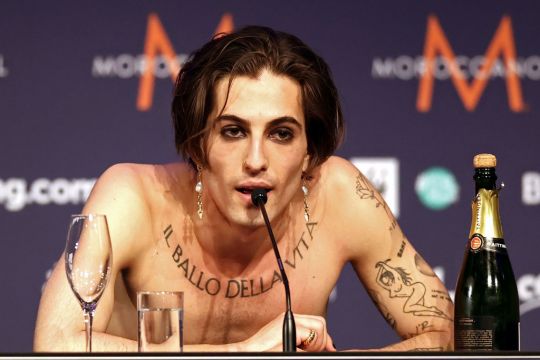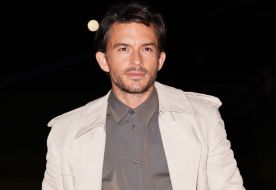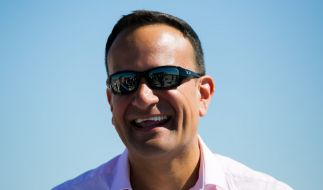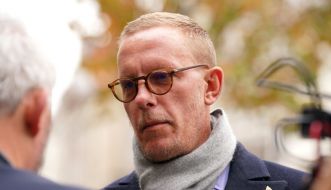The lead singer of Eurovision winners Maneskin has denied suggestions he was caught on camera taking drugs during the broadcast.
Damiano David from the Italian band said he did not take drugs and refuted the idea he was taking cocaine.
Maneskin took the top prize with Zitti e buoni scoring 524 points, ahead of French entry Voila by Barbara Pravi and Gjon’s Tears’ song Tout l’Univers which came third.
When asked about the incident during a press conference, Damiano said: “Thomas [guitarist Thomas Raggi] broke a glass … I don’t use drugs, please guys, do not say that.
“Don’t say that really. No cocaine please, do not say that.”
“I don’t of drugs....No cocaine please, don’t say that”.
Italy’s #Eurovision lead singer when asked about the video circulating of him appearing to sniff something off the table on live TV.
pic.twitter.com/XekD9f4TrBAdvertisement— Megha Mohan (@meghamohan) May 22, 2021
'Message of hope'
Victoria de Angelis of Maneskin told the press conference the win was an important boost for Italy, one of the European countries worst hit by Covid-19.
“This is a message of hope after this hard year we’ve been through,” she said.
Maneskin's rock song is unlike the kitschy pop Eurovision is known for, but their singer said their popularity showed the contest also looks at musical quality.
“That prize shows that this is not [a] cheesy event. This is a musical event,” Damiano David told journalists.
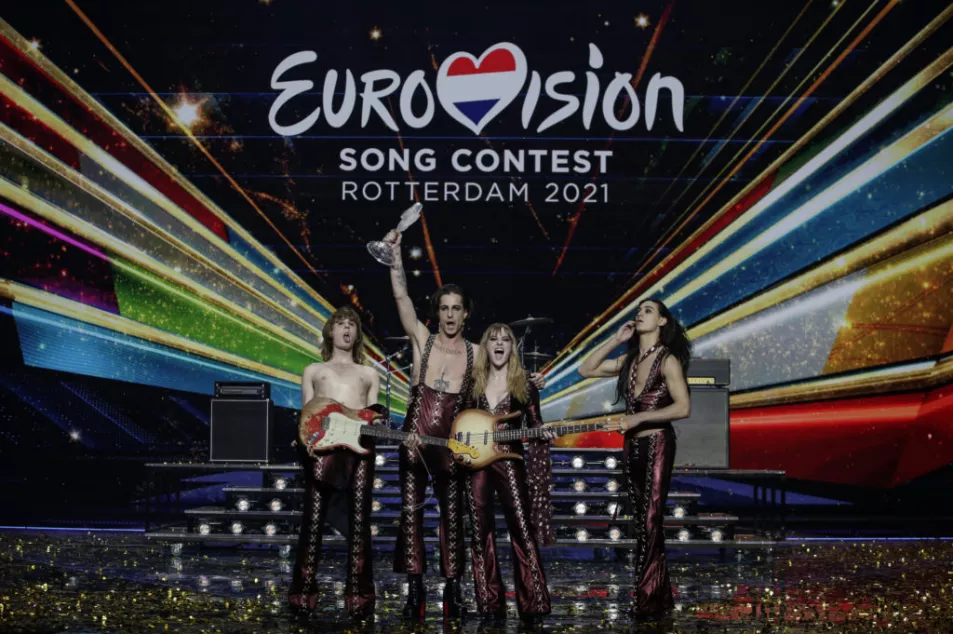
Italy was the favourite with bookmakers and fans before the contest. Eurovision blogger William Lee Adams said its “punch in your face” song seemed the perfect anthem for European fans who have been stuck in lockdown.
“After this past year where we've been trapped at home I think a lot of people want that feeling of being at a party and that's what they're giving,” he said.
A limited audience of 3,500 attended the concert venue in Rotterdam to watch the performances after undergoing stringent testing for Covid-19.
Because of the travel restrictions most fans present were Dutch and they missed the usually international ambiance of the festival.
“What I don't really like is that there are no international persons here. Because it's really the once in the year that you meet up with all your international friends,” Dutch fan Patrick, who did not give his last name, told Reuters outside the venue.
Covid infections
Despite the precautions, several Covid-19 infections were reported during rehearsals and the semi-finals.
Iceland's entry Dadi og Gagnamagnid were not able to perform live during the finals, after a band member tested positive for Covid-19. The 2019 winner Duncan Laurence also tested positive. For both performances the organisation used pre-recorded back-up versions of the songs.
Most Eurovision fans outside the Netherlands watched from home, and many reached out to friends and online communities to celebrate the event.
The Netherlands hosted the 65th edition of the contest, which draws a television audience of about 200 million, after Dutch singer-songwriter Duncan Laurence won the 2019 contest in Tel Aviv with the song “Arcade”. – Additional reporting: Reuters
